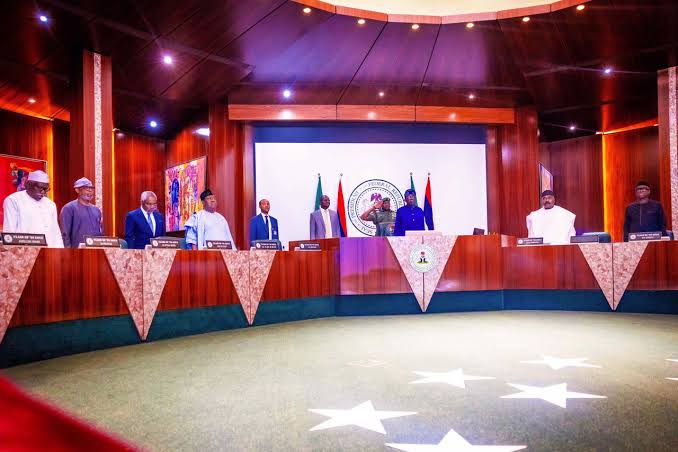In the heart of Africa, Nigeria was grappling with economic challenges. The burden of foreign and local debts was heavy, and the people yearned for change. Then, a new leader, President Bola Tinubu, took the helm.
In his first year in office, President Tinubu embarked on a journey to clear the nation’s debts. He implemented strategic financial policies that reduced Nigeria’s external debt stock by $1.57 billion within just a few months. However, the road to economic recovery was not without its bumps. The administration had to seek approval for additional foreign loans to fund critical infrastructure projects.
On the home front, the government began servicing local debts as the economy started to show signs of recovery. Revenue collection improved significantly, enabling the government to service its debts without resorting to the Central Bank’s Ways and Means advances. One of the notable achievements was the clearance of the N342.3 million outstanding electricity bill with the Abuja Electricity Distribution Company.
President Tinubu’s administration has been marked by significant infrastructure developments. The Renewed Hope Infrastructure Development Fund was launched to facilitate effective infrastructure development across pivotal areas such as agriculture, transportation, ports, aviation, energy, healthcare, and education. Over 500 road kilometers have been constructed or rehabilitated within the first year, benefiting over 10 million Nigerians. A significant milestone was the inauguration of the Southern Parkway project, a critical artery connecting major areas within the Federal Capital Territory.
President Tinubu’s policies on fuel subsidy removal and exchange rates, though controversial, were necessary steps towards economic stability. The removal of the fuel subsidy was aimed at redirecting funds towards other sectors of the economy. The administration also ended the policy of pegging the value of the naira to the US dollar, allowing it to depreciate.
The administration has secured investments valued at over $20 billion for the country. These include $14 billion from India, $250 million from the Netherlands, and commitments of $500 million for lithium development in Nasarawa State, as well as another $500 million from Germany for renewable energy.
Despite the challenges, the nation had made commendable progress in clearing both foreign and local debts. However, the promised financial and material benefits of savings from the ended subsidy expenses are yet to be seen.
One year after President Bola Tinubu came to office, investor excitement over his reforms has faded, with some saying they’ll reconsider their positions if Nigeria stabilizes its currency and enacts more change.
Despite the challenges, the nation had made commendable progress in clearing both foreign and local debts. The tale of Nigeria’s economic revival under President Tinubu is a testament to the power of strategic leadership and sound economic policies. Indeed, under President Tinubu’s watch, Nigeria seems to be on the right track.

